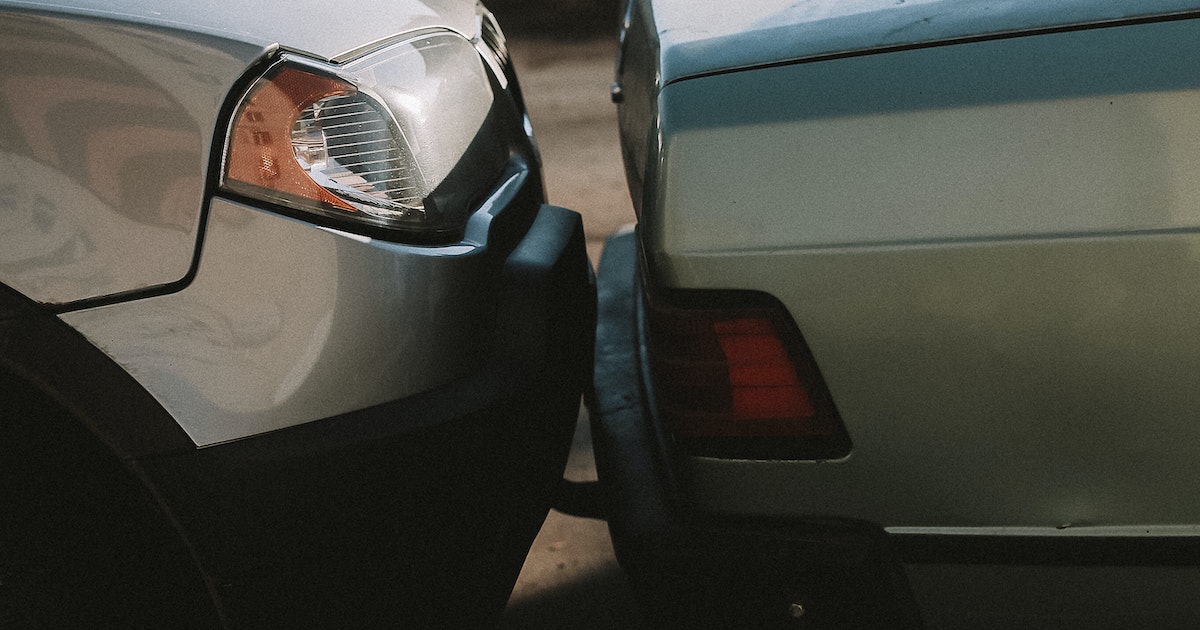The term “collision insurance” can be defined as follows: If your automobile is damaged in a collision with another vehicle or item, your collision insurance will pay for the necessary repairs. Your collision coverage will kick in regardless of who is deemed to be at fault, unlike liability insurance.

Despite the seeming simplicity of this concept of collision coverage, collision insurance can really cover quite a few different kinds of crashes. In a broad sense, the following scenarios may involve a collision:
- Your vehicle was involved in a single-vehicle collision, such as a rollover.
- Collision with a stationary item (such a telephone pole or a sidewalk)
- Being involved in an automobile accident or having your parked car hit by another motorist or pedestrian.
Keep in mind that collision insurance only covers repairs to your own vehicle and not any other vehicles, property, or injuries you could receive in an accident.
What exactly does collision coverage include?
As you probably already know, collision insurance pays for repairs after an accident in which your automobile collides with another vehicle or an immovable object. Yet, the specifics of each collision make it unclear what is protected by collision insurance.
Can you explain the distinction between comprehensive and collision coverage?
While collision insurance protects you from financial loss in the event of an accident involving another vehicle or an immovable object, what about everything else? What if you hit a deer while driving at night, or if a storm blows a tree limb through your windshield?
All-encompassing insurance is a must in these situations. All-inclusive and collision policies are complementary types of insurance. The collision policy pays for damage caused by a collision with an object or another vehicle, whereas the comprehensive policy pays for… pretty much everything else.
Complete auto insurance will pay for repairs after an accident with an animal, fire, flood, or other natural disaster, as well as damage caused by vandalism, theft, or civil unrest. When was the last time you checked your car insurance for collision damage?
Should I get collision coverage?
You can tell yourself, “I’m a good driver. Even if it’s not required in your state, collision insurance is a good idea. There are too many variables on the road to pay for costly repairs to your vehicle out of pocket.
When combined with liability and comprehensive coverages, collision insurance is an excellent way to guard against financial loss. It is possible that your loan company will insist that you buy both collision and comprehensive coverage if you are leasing or financing your vehicle rather than purchasing it outright.
Ask your car loan provider if they demand collision insurance. Teenage and other first-time motorists should prioritize purchasing collision insurance because of their lack of expertise behind the wheel.